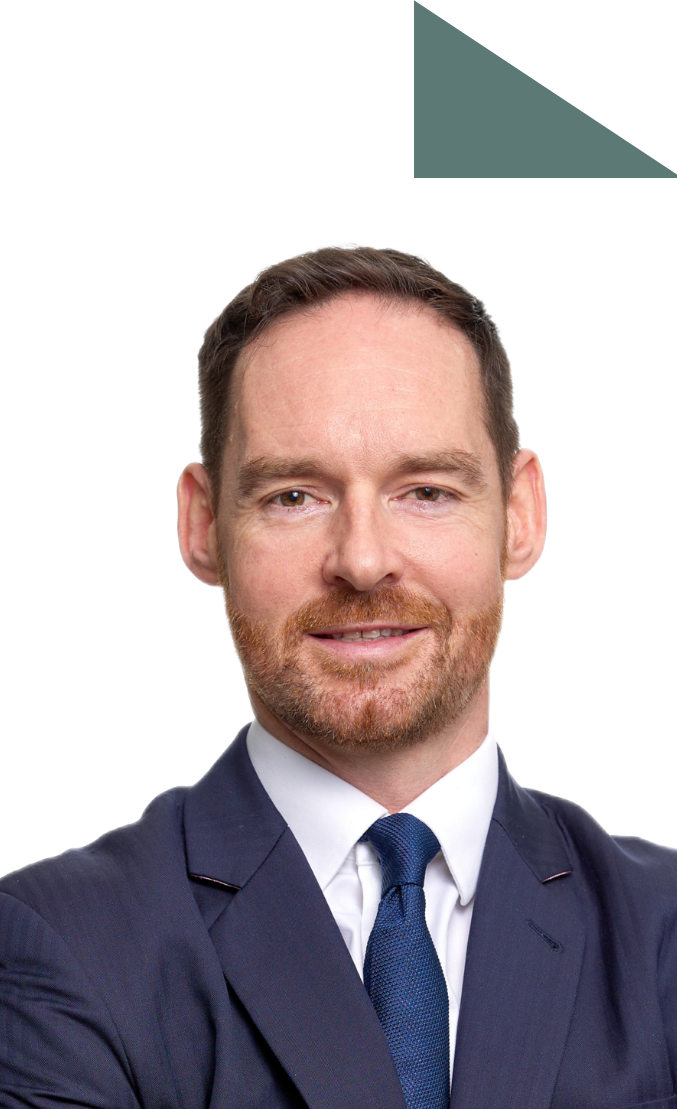Find out how we can help you
If you are interested in finding out more about sustainable investing, or would like to speak to an investment specialist, contact us today

Our approach
Harnessing the opportunity of our future needs
-
Embracing the good
We pursue opportunities that allow us to invest in a sustainable future. Aligning to the UN SDGs creates investment opportunities with a foundation for improving equality, ending poverty, and protecting the environment.
-
Limiting the bad
Some investment products and services have impacts that undermine the aims of the UN SDGs. We avoid investing in companies whose activities limit the potential of a sustainable future.
-
We use a screening process called Socially Responsible Investment (SRI) criteria to exclude companies that profit from the following:
• Alcohol • Civilian firearms • Gambling • Weapons • Cluster bombs • Landmines • GMOs • Tobacco • Fossil fuels
-
Embracing the good
We pursue opportunities that allow us to invest in a sustainable future. Aligning to the UN SDGs creates investment opportunities with a foundation for improving equality, ending poverty, and protecting the environment.
-
Limiting the bad
Some investment products and services have impacts that undermine the aims of the UN SDGs. We avoid investing in companies whose activities limit the potential of a sustainable future.
-
We use a screening process called Socially Responsible Investment (SRI) criteria to exclude companies that profit from the following:
• Alcohol • Civilian firearms • Gambling • Weapons • Cluster bombs • Landmines • GMOs • Tobacco • Fossil fuels
The impact
Measuring our portfolio footprint
Our investment strategies aim to deliver superior risk-adjusted returns while considering the impact investments have on the environment and society. In order to gauge the strategy’s footprint, two measurements are built into the investment mandate.
-
To have a net positive alignment to the UN SDGs
The strategy will be measured against the UN’s 17 SDGs in order to illustrate the positive footprint.
-
Maximum exposure of 2% to SRI exclusion criteria
The percentage of the portfolio’s market value exposed to companies flagged for one or more SRI exclusion factor is restricted to 2%.
-
A transparent approach, brimming with opportunity
No single solution can solve our future social and environmental challenges. However, considering environmental, social and governance factors in long-term financial planning is not only sensible, it could offer substantial opportunity, as the level of investment needed to meet various government commitments points towards growth in this industry.

Frequently asked questions

Nedbank Private Wealth
Are you truly global?
What is active currency management?
Do you include different alternative investments?
How do you ensure the portfolios are sustainable?

A thematic overlay
We believe that change leads to opportunities
We use a thematic overlay so that portfolios can benefit from long-term global trends, as well as broader sustainable goals.
This introduces exposure to trends and is achieved by investing some of the portfolio into specific investments that target these themes and trends.
An example of this is the global trend towards demographic change, with an aging population, lower birth rates, and an expanding middle class. This has created investment opportunities in sectors such as care homes, healthcare, education, fintech and student accommodation.
On the environmental front, if we are to come close to achieving government targets, the level of investment needed is akin to that of the industrial revolution. No investor would want to miss out on that.
Other trends include habitual change and technological change, representing a wide range of opportunities such as music licensing, cyber security, and robotics.

You may also be interested in
Read more about the range of services you can choose from

What our clients say


Corporate social responsibility
Recognising the impact and taking action
We support projects that help reduce the impact we have on our local and global environment. We work closely with local charities to help improve the communities in which we operate and, more broadly, we partner with Ecologi to offset more than our collective carbon footprint puts back into the environment.

Related case studies
Read about more clients we have helped
We have helped countless clients with their financial needs – some straightforward, some complex. Our bespoke approach, where we really get to know our clients, allows us to offer solutions that other wealth planners and private banks aren’t able to.
Blending execution-only and managed investments
Find out how we can help you
If you are interested in finding out more about sustainable investing, or would like to speak to an investment specialist, contact us today
OUR TEAM
Meet our team of dedicated professionals
Our teams are highly skilled and will help to understand your needs, giving you access to proactive help and efficiency through a single point of contact.

Find out more about our teams in the UK, Isle of Man, Jersey and Dubai here
Frequently asked questions

























